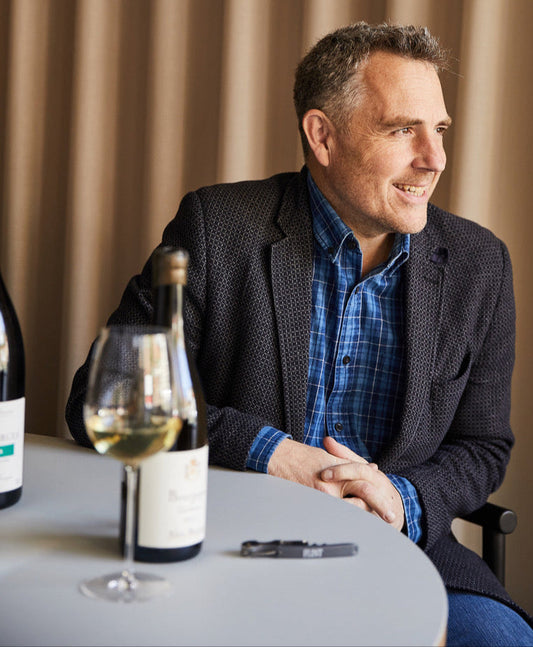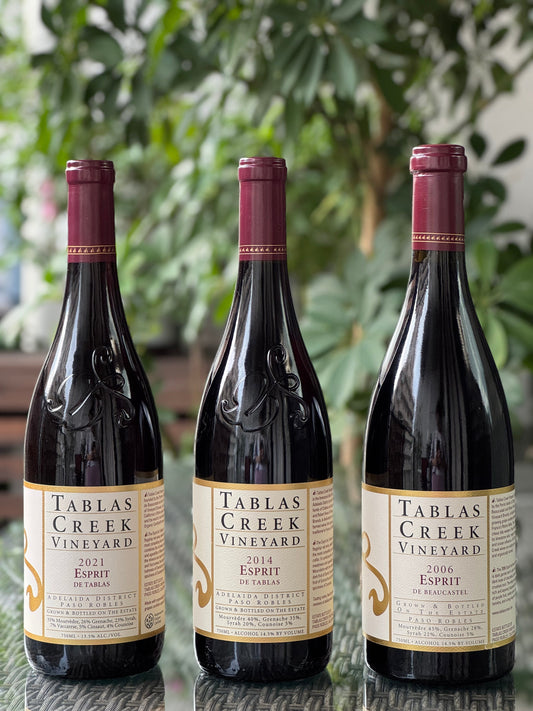| The pandemic was devasting for a number of reasons. As a seasoned and passionate explorer, being confined to the UK, to England, to London, and for some of the time to a limited radius of my home, was a challenge. But, as anyone with an adventurous personality would, I adapted and decided to make the most of what was around me – luckily, I live within a couple of hours’ drive of a number of wine regions and counties of England.
In this piece, I will be sharing with you some reflections and tips for planning a visit to an English vineyard or estate based on my own experience. I should add at the outset that I am not writing just for the for Brits, this is a piece for wine enthusiasts from all over the world as I genuinely believe that this wine producing country is worth a visit from every wine tourist. In particular for its outstanding sparkling wines made using the ‘traditional method’; also for its vineyards located in picturesque locations, many of them near historic sites, national parks and beaches; and for quality wine production at a meaningful scale – vineyards in relative infancy at which visits can be more 'personal' giving a feel for the personalities and families invested, personally and financially, in the wine production.
According to Wines of Great Britain Ltd (WineGB), there are over 200 vineyards in Great Britain open to the public. These vineyards may or may not have a winery, they vary in size and scale of production, and most are concentrated in the southeast of England. So how to compile a shortlist? Given the number of options, or in the event of a lack of familiarity with English wine, I would say the key criteria for a visit will depend on the following: (i) the location of the estate or vineyard; (ii) quality of the wine; (iii) the story behind the estate or vineyard, and (iv) the options for a more immersive experience other than the typical tour and tasting.
Location is important
Do you want to visit a number of vineyards in a day? Do you want to combine a visit to a vineyard with a notable national park, city, town, village, National Trust building etc? Do you want to stay on site or locally for a night or few? This is all perfectly possible, realistic and recommended.
A favourite town of mine as a base to explore from is the pretty and historic Rye in East Sussex, which is great for couples, though beware of how busy this small town can be in the summer months. Hip and lively, Brighton forms a great base for exploring and would be my recommendation for younger visitors or for groups of friends.
If you are staying in London take a look at the city-based Blackbook Winery, but don’t rule out a day trip to ‘English wine country’ – venturing out by public transport is possible, but driving is preferable for flexibility. Photographs at the Seven Sisters Coastguard Cottages, together with a visit to (and if you are that way inclined, more photographs at) Rathfinny would make a great itinerary.
Note that a number of vineyards also have places to stay: Black Chalk Winery in Hampshire has treehouse accommodation, Balfour Hush Heath Estate (in Kent) also owns a number of properties with accommodation, as does in East Sussex. Albury Vineyard in Surrey has great views of the Surrey Hills and is minutes away from the pretty town of Shere.
The wine and the producer’s story matters
So much is being written about English wine at the moment and this creates high expectations for all of us. I recommend doing some research first. Do accolades and award-winners matter to you? Are you curious about regional terroir? Are you fascinated by the organic and biodynamic movements, or by natural winemaking? Do you want to avoid large-scale production and try the wines of more boutique producers? Are you on the hunt for world-class wines? There are many options.
Trying the wines of a particular producer may guide your decision. Pre-pandemic, my curiosity was piqued by Gusbourne, Wiston Estate, Langham Wine Estate and Simpsons Wine Estate – it was the wines rather than the locations that drew me. In the same vein, I still need to visit Hattingley Valley Wines and Charles Palmer Vineyards. I will take care to check first on websites and social media platforms whether visits are an option.
There are a number of families behind today’s renaissance, including the Goring family behind Wiston Estate, the Lindo family behind Camel Valley in Cornwall and the Brewer family behind Oastbrook Estate. I have met members of each of these families and particularly enjoy the history and family stories of the wines they produce. Camel Valley and Oastbrook offer tours which guarantee that a member of the family will show you around – if spaces are available, these are a must!
I’ll also give a shout-out to the winemakers whose passion and skill can also spark your interest in a wine, often leading to a visit that’ll leave a lasting impression.
Each of the vineyards I have visited have very friendly and enthusiastic personnel – this makes for a great visit too.
Check the dining options
If you want to factor-in breakfast, lunch or dinner in a local pub or restaurant close enough by, it is worth checking out the options in advance. I once decided to purchase some sparkling wine following a tour and tasting and then chose the closest sandy beach as a spot to enjoy it: sparkling wine works great with fish and chips! During the summer months I have enjoyed the picnic options at Gusbourne, which in my view is a ‘must’, and Squerryes Wine Estate had the best value picnic I have sampled to date as well as a good restaurant on site. I enjoyed the restaurant at Tillingham which focusses on local ingredients. And I have also heard good things about the restaurant at Rathfinny.
Again, do check ahead for accessibility and opening times. Nyetimber, for example, is open only on specific days and Busi Jacobsohn Wine Estate can be visited by appointment only. Many, however, are open to visitors all year round. Great options for winter 2021 have been: (i) a wintery walk and fireside tasting experience at Wiston (also available until the end of 2021); (ii) a ‘Winemakers Harvest Lunch’ or a ‘Winemakers Pinot Noir Masterclass’ at Gusbourne; (iii) a ‘Seafood Evening’ at Langham. It is well worth checking out the vineyard websites and social media pages for more options.
Wine tourism is important for a number of reasons and curating interesting experiences for visitors will become a differentiating factor for producers and will encourage producer buy-in and loyalty – this has certainly been the case for me personally. The UK is open for international tourism and I hope that this post has whetted your appetite for a trip to English wine country!
WineGB has a very useful search tool for searching for vineyards by a number of criteria including county, region, accommodation, disabled access, accessibility for children and pets, an on-site winery, the type of producer (sparkling or still), and whether there is a café or restaurant (important for the wine enthusiasts and foodies). I am aware of businesses offering wine tours, you can use a search engine or social media to identify them, but I have not used any such businesses myself. The tips and reflections set out in this article will put you in good stead to curate your own trip if you so choose!
Saira balances a successful career in the City of London with creating wine and travel content for ‘Pursuit of Grapeness’. More on Saira can be found on her website on her Instagram page.
| 



